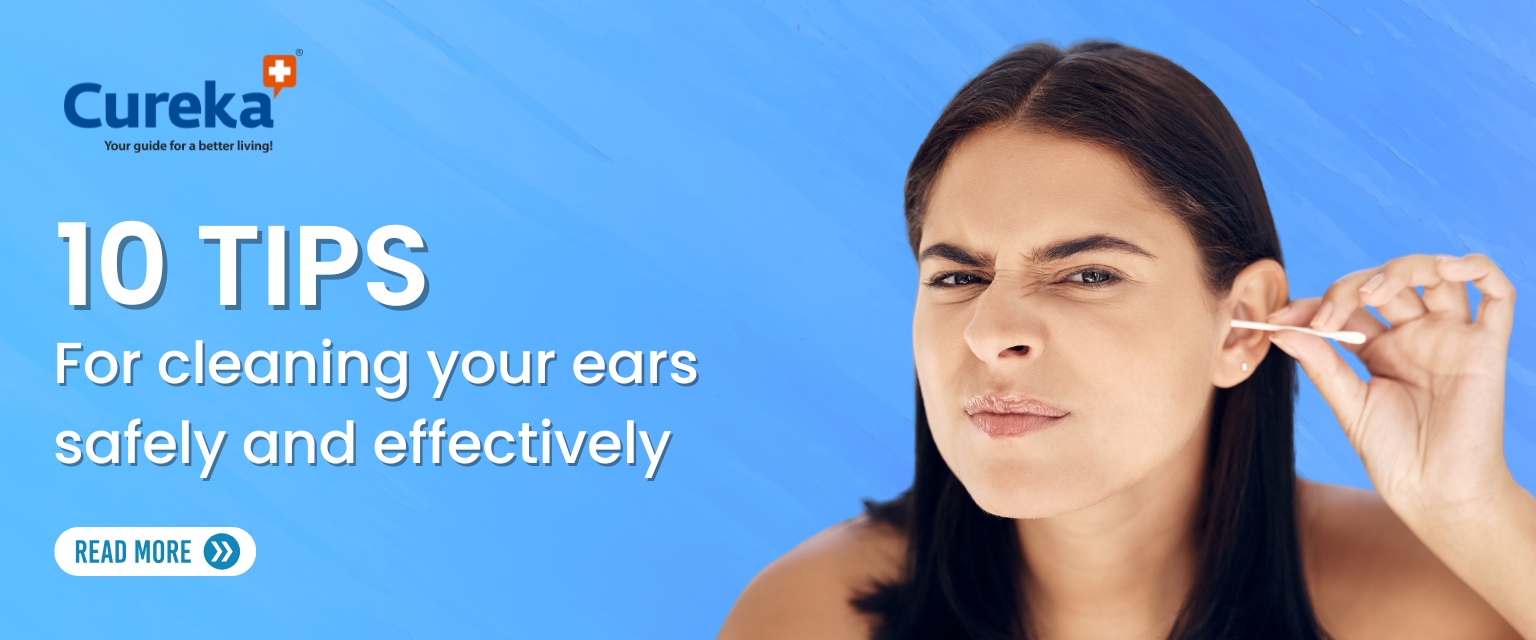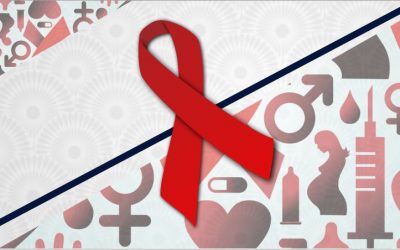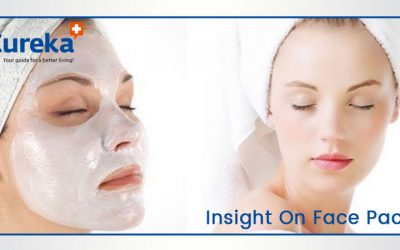10 Tips for Cleaning Your Ears Safely and Effectively
Your ears are more than just tools for hearing; they’re intricate systems that protect themselves while keeping you connected to the world around you. However, improper ear care can lead to discomfort or even damage. While many believe in the mantra of “cleanliness,” when it comes to ear care, less is often more. If you want to ensure that you never want to put your hearing health at risk, read this blog.
Should You Clean Your Ears?
Your ears are naturally designed to take care of themselves. Earwax (also known as cerumen) acts as a natural shield, trapping dust and bacteria to protect your ear canal. In most cases, your ears handle cleaning on their own by slowly pushing excess earwax out. However, when wax builds up excessively, it may cause symptoms such as:
- Pain or a feeling of fullness in your ear
- Plugged sensation or partial hearing loss
- Ringing in your ears (tinnitus)
- Itching, odor, or discharge
- Occasional coughing
These symptoms may indicate cerumen impaction—a condition where earwax completely blocks the ear canal. If you suspect this, it’s best to consult a doctor for professional earwax removal treatment. For general ear care, though, follow these safe and effective tips.
1. Avoid Cotton Swabs:
It’s tempting to use cotton swabs to remove earwax, but they’re more harmful than helpful. Cotton swabs often push wax deeper into the ear canal, increasing the risk of impaction or damaging the delicate eardrum. Protect your ears by reserving cotton swabs for cleaning the outer ear only.
2.Let Your Ears Clean Themselves
Your ears have a natural cleaning mechanism that gradually moves wax and debris to the outer ear. Regular bathing is usually sufficient to maintain ear hygiene. Simply wipe the outer ear with a damp washcloth as part of your routine ear care.
3.Try Over-the-Counter Ear Drops for Home Earwax Removal
For minor wax buildup, over-the-counter ear drops can help soften and loosen earwax. Look for water-based solutions with ingredients like hydrogen peroxide or carbamide peroxide, or oil-based drops containing olive or almond oil. Always follow the product’s instructions for safe use.
4.Use a Warm Washcloth for Gentle Cleaning
A simple, effective way to maintain ear safety is to clean the outer ear with a warm, damp washcloth. This method helps remove debris without risking injury to your inner ear.
5.Avoid Ear Candling
In many regions, traditional methods like applying warm oil are also common for ear care. People believe this method can loosen wax. Using oil that is too hot can cause burns, and introducing unsterile substances into the ear risks infection.
For a safer alternative, consider sterile, oil-based ear drops designed specifically for earwax removal.
6.Tilt and Flush with Warm Water
If your ears feel blocked, try flushing them gently with warm water. Tilt your head, add drops of water with a dropper, and let it sit for a minute. Then, tilt your head the other way to let the water drain out. Use a clean towel to dry the outer ear.
7.Be Mindful of Earwax Softening Agents
If you decide to use earwax softening agents, ensure you’re not allergic to the ingredients. Those with frequent ear infections, perforated eardrums, or a history of ear surgery should avoid these products without consulting a doctor.
8.Seek Professional Earwax Removal
When earwax becomes stubborn or problematic, visiting a healthcare professional is the safest option. Audiologists and ENT specialists use specialized tools and techniques, such as suction or irrigation, to safely remove wax without harming your ear.
9.Practice Good Ear Protection
Proper ear care goes beyond cleaning. Protect your ears from loud noises, which can damage your hearing over time. Use earplugs or earmuffs in noisy environments and take breaks from prolonged exposure to high-decibel sounds.
10.Monitor Your Overall Ear Health
Regularly checking your ears for signs of infection or wax buildup is an essential part of ear care. Discomfort, ringing, or unusual discharge should prompt a visit to your doctor. Additionally, maintaining good overall hearing health includes limiting exposure to loud noises and ensuring a balanced diet rich in nutrients that support ear function.
Why Regular Ear Cleaning Matters
Excess earwax can block sound waves, resulting in temporary hearing loss. Cleaning your ears regularly, but safely, helps prevent discomfort and maintains optimal auditory function. Remember, earwax is not inherently bad; it plays a vital role in keeping your ears healthy.
Dispelling Myths About Proper Ear Cleaning
There’s a lot of misinformation surrounding ear care. Let’s bust some common myths:
- Myth: Cotton swabs are safe for cleaning ears.
Truth: Cotton swabs can push wax further in, increasing the risk of impaction and injury.
- Myth: Daily cleaning is necessary.
Truth: Over-cleaning can strip your ears of protective wax and cause irritation.
- Myth: Earwax is dirty and unhygienic.
Truth: Earwax is natural and essential for protecting the ear canal.
Improving Your Hearing Health Holistically
Your hearing health depends on more than just ear cleaning. Protect your ears from excessive noise, maintain a healthy lifestyle, and schedule regular check-ups with an audiologist. Small steps, like using proper ear protection and addressing issues early, can go a long way in preserving your hearing.
Final Thoughts
When it comes to ear care, balance is key. Proper ear cleaning should be gentle, minimal, and informed by the latest safety guidelines. Avoid over-cleaning or using risky methods like ear candling. If in doubt, always seek advice from a healthcare professional. With these tips, you can maintain healthy ears while safeguarding your hearing for years to come.











